On the 20th of February UK ARC held its inaugural one-day Research Directions conference at the Royal Aeronautical Society.
The day was attended by academics from many universities, including representatives from all the 11 founding universities of the consortium, government departments and from industry. We were pleased to share our developing knowledge; research priming work and networking activities with stakeholders and have presentations from stakeholders on external initiatives that bear upon academia. There were useful panel discussions held after overview presentations that explained the narratives and outcome from each of the six theme groups. UK-ARC’s research themes are More Energy Efficient Aircraft (MEEA), Hydrogen, Electrification, Materials and Manufacturing, Sustainable Aviation Fuels and Air Transport.
UK-ARC’s mission is to build a community that encourages aligned and impactful research. As we move towards UK-ARC2, we can see that our theme group workshops, direct ATI and sector networking and the conference are strengthening research connections between academics and the broad aerospace and aviation community.
Sir Iain Gray chaired
the Conference
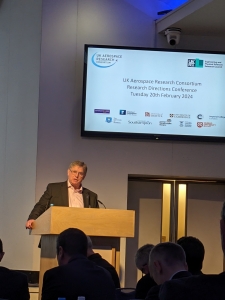

Valuable connections were made
during the networking breaks
More Energy Efficient Aircraft Panel discussion
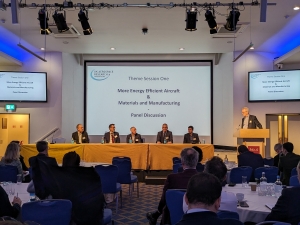
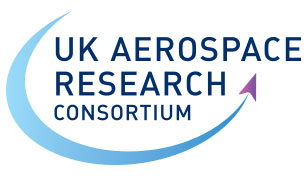
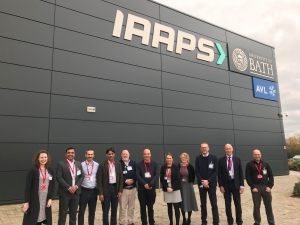
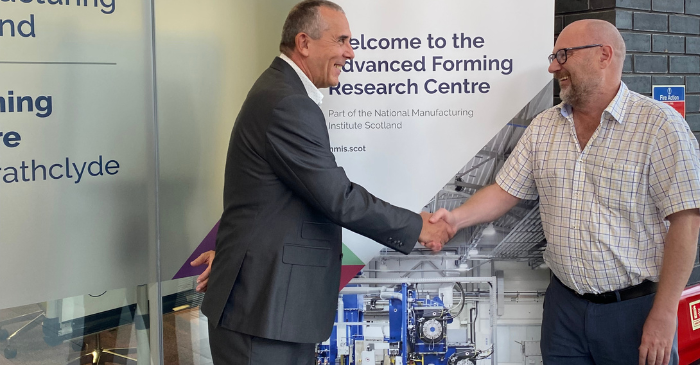

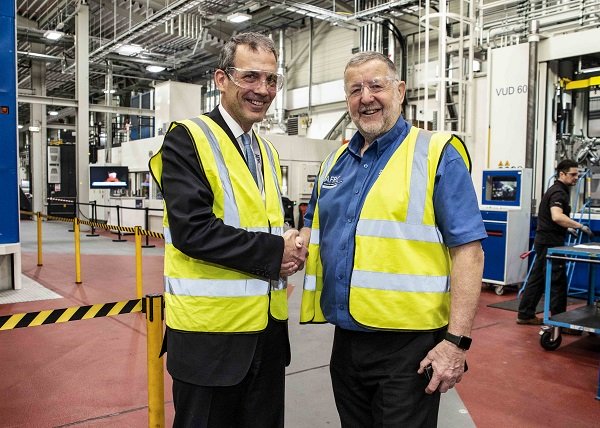
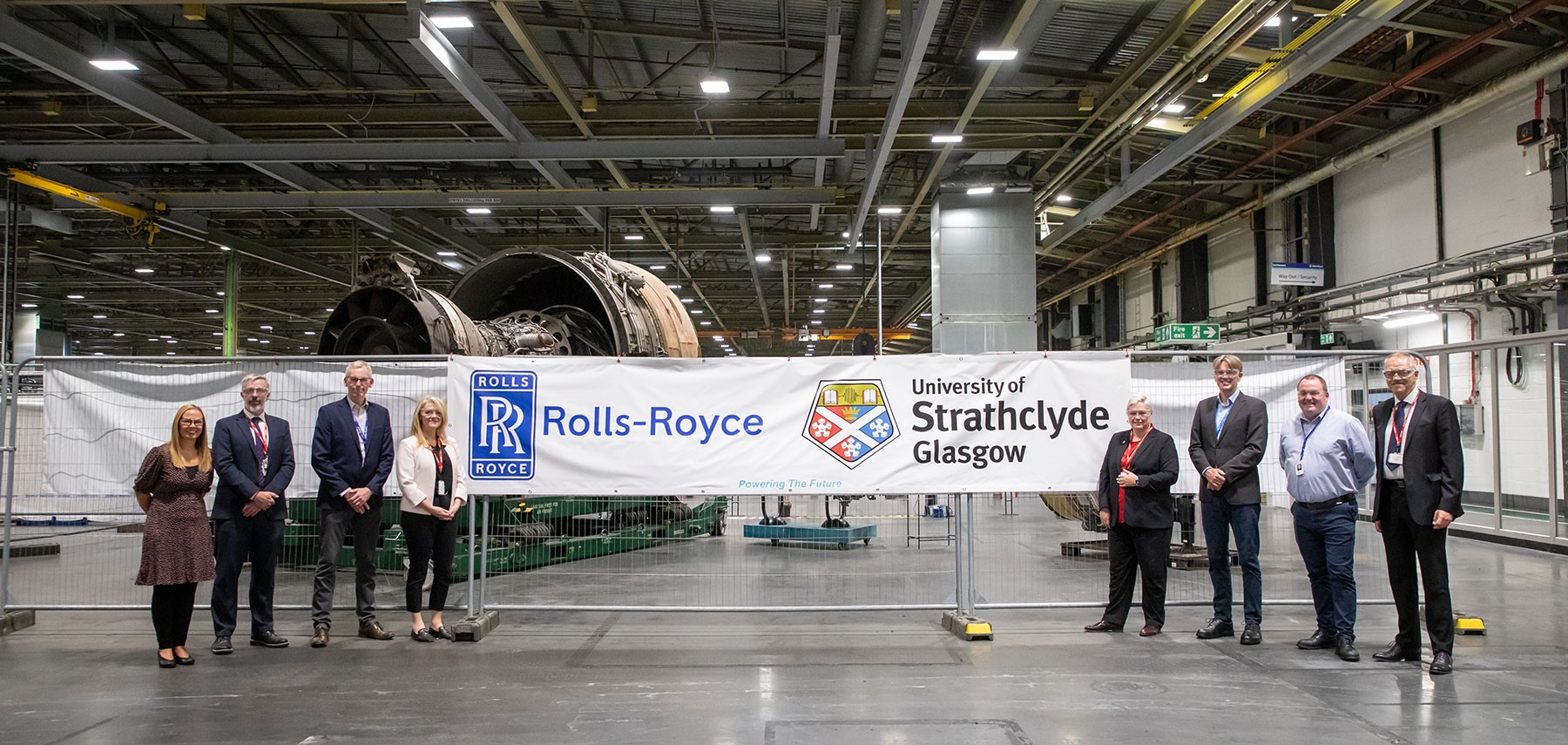
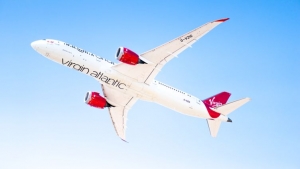 off on 28th November 2023 with the help of engineers from the University of Sheffield. See the
off on 28th November 2023 with the help of engineers from the University of Sheffield. See the 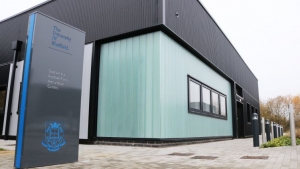 K’s 2030 goal – see
K’s 2030 goal – see